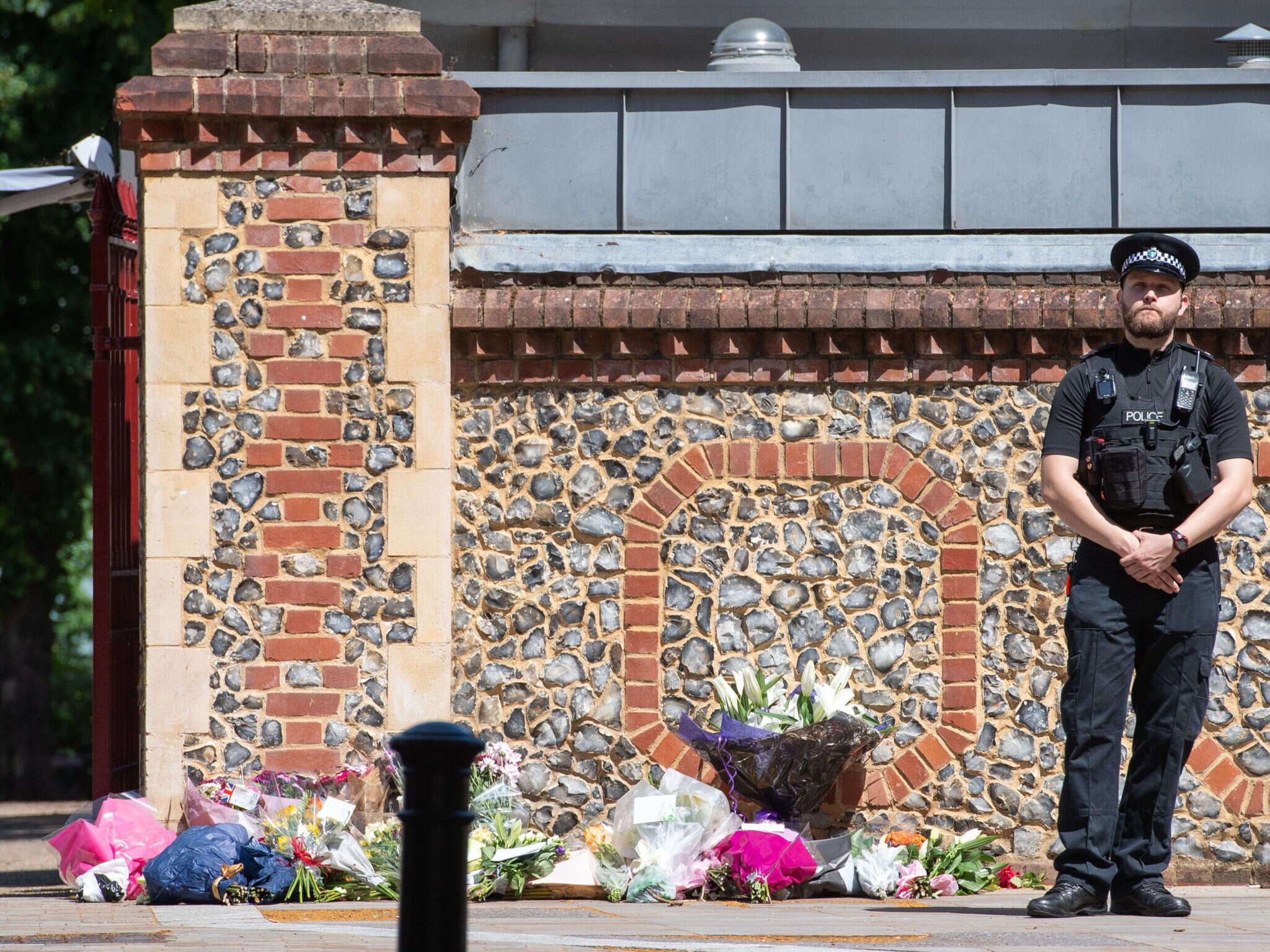
The Attorney General’s office is monitoring media coverage of Saturday’s suspected terror attack in Reading over contempt of court concerns.
Three people were stabbed to death in a Reading park on Saturday evening and at least three more were injured. Counter-terrorism detectives have arrested a 25-year-old man under Section 41 of the Terrorism Act 2000.
Police have not named the man but he has been widely identified in the media as Khairi Saadallah, a Libyan refugee.
Almost 48 hours after the incident, the Attorney General’s office this afternoon said it was monitoring coverage as it issued a warning over requirements under the Contempt of Court Act 1981.
It is a breach of the Act to publish any information that could create a substantial risk that the course of justice in proceedings could be seriously impeded or prejudiced.
The Solicitor General, Michael Ellis QC MP, specifically pointed editors, publishers and social media users not to publish anything that “asserts or assumes the guilt of any of those who have been arrested”.
“The Solicitor General also wishes to remind journalists and members of the public that it can amount to contempt of court to publish information relating to a suspect’s alleged previous convictions,” the statement went on.
Several national newspaper front pages this morning splashed on leaked details of the suspect and claims he was known to authorities, while the Daily Telegraph, Times, Metro, Daily Mail, Daily Express, Daily Mirror all pictured his face.
Media law expert David Banks told Press Gazette that “on a strict reading of contempt law it would be fair to say that many [national newspapers] have pushed the barriers of what might be expected to be acceptable.
“Normally, material that might indicate the guilt of an arrested person – previous criminal record or police investigations – would trigger a contempt prosecution, or at least the serious threat of one.”
But Banks added that in the past couple of decades successive governments have given “a certain mount of leeway” to the media in the immediate aftermath of an incident with a suspected terrorism link.
“Perhaps successive attorneys general have tried to strike a balance between understandable public interest and concern at such incidents and the need to preserve a person’s right to a fair trial – and a degree of coverage is allowed in the immediate couple of days after an incident that might otherwise be viewed as prejudicial,” he said.
“After that the AGO’s office issues a warning and coverage is expected to be more restrained. This is only what I have observed in a number of incidents, such as the murder of Fusilier Lee Rigby.”
Picture: Dominic Lipinski/PA Wire
Email pged@pressgazette.co.uk to point out mistakes, provide story tips or send in a letter for publication on our "Letters Page" blog
